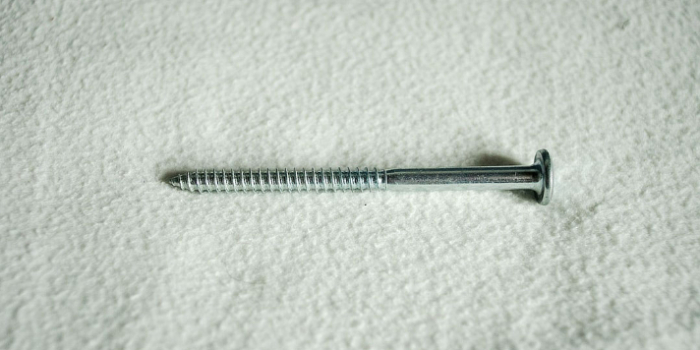Captive fasteners play a crucial role in the production of products and goods. There are more than 200 billion micro fasteners used in the U.S. each year. Here’s everything you need to know about a captive fastener.
Check out our EZ Screw Builder to build your custom screw!
What is a Captive Screw?
A captive fastener is a special screw that locks into a pre-drilled hole in order to create a permanently secure hold. They feature a head and external threading similarly seen on small screws. They’re different because they can be fastened and unfastened without having to remove it from the pilot hole. There are several methods in which these micro screws are manufactured. These include press-fitting, broaching, and thread locking.
Benefits of Captive Fasteners
There are a few benefits with using custom fasteners. Because of the permanent hold, they create with the pilot hole, these screws are less likely to suffer from age-related degradation. They also offer a high level of protection against stress and vibration that can loosen traditional screws. Captive fasteners are ideal for manufacturing companies due to their inexpensive cost.
Types of Captive Fasteners
There are a few types of captive fasteners you need to know. Captive nuts are designed for blind locations in industrial enclosures and electronics. They won’t damage panel finishes. Pallet nuts are made from plastic or metal and hold joints fast in pallet material. Captive pins are typically used in electronic circuit boards.
Captive screws are easy to install and prevent damage to components. Captive standoffs are designed to support and secure circuit boards with the use of a mating screw. Captive studs are designed for permanent assembly integration.
Captive Fastener Features
Captive fasteners include either self-clinching or broaching features. Self-clinching features are typically used for ductile materials for use in printed circuit board fastening and sheet metal integration. Broaching features are used for non-ductile materials. The captive fastener accomplishes joining through an interference fit at the time of installation. Each type becomes a permanent part of the item or panel which it’s installed.
A captive fastener can be valuable because of their speed in use in the manufacturing process. They can also keep costs low during field servicing. The type of custom fastener you use will depend on the sheet material or panels being used. When choosing custom fasteners, make sure they’re compatible and their hardness is greater than the material.

